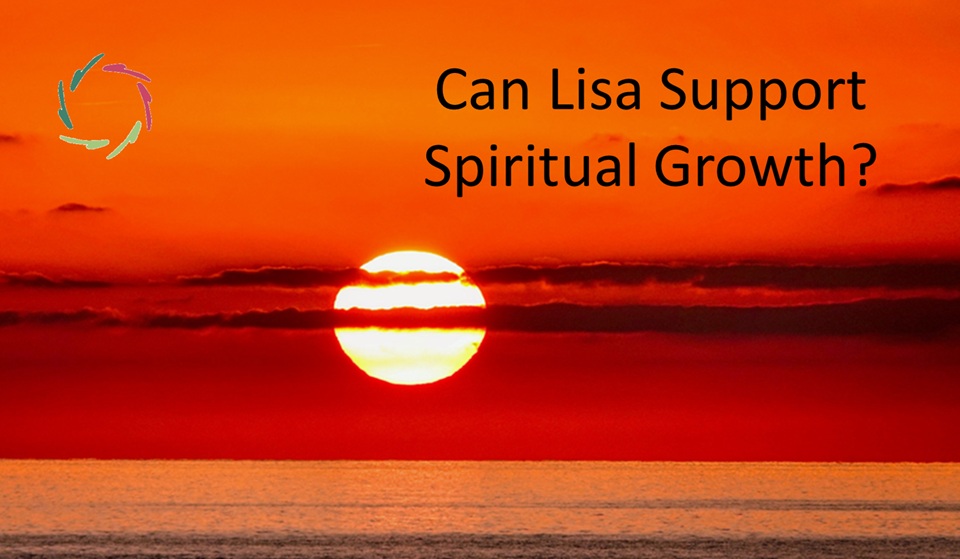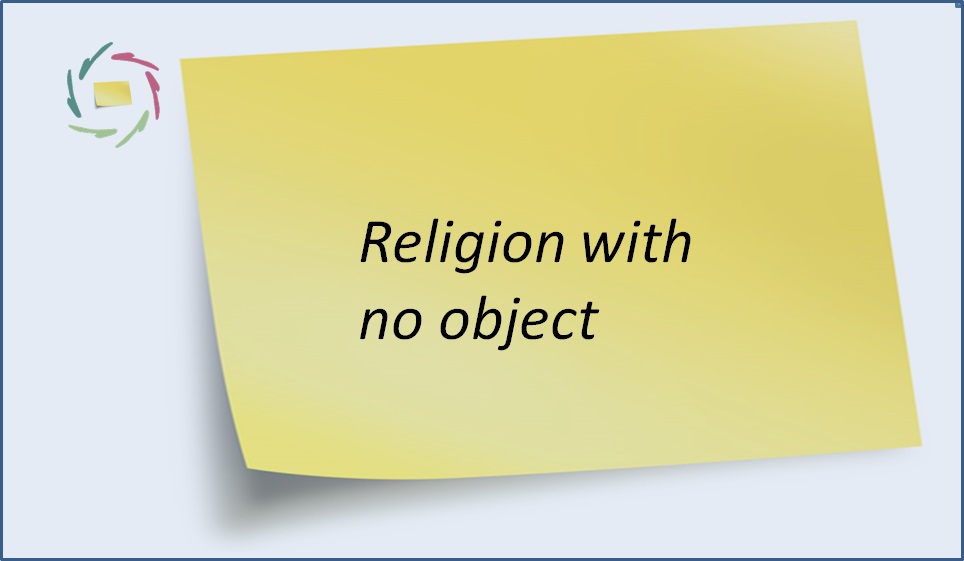Faith without Belief

This blog explores the possibility of maintaining faith within a specific tradition, cherishing personal and shared experiences while not intellectually adhering to beliefs that conflict with rationality.
Is this possible?
Belief and faith are often seen as inseparable.
Consequently, rigid belief – rooted in specific historical events or conceptual descriptions – and faith – as a personal experience – are often bundled together within a single religious framework. This bundling can lead to confusion, making it difficult to separate personal spiritual experience from doctrinal expectations.
Such as “Do you believe in God, the Father almighty, Creator of heaven and earth?”
As a child, I answered ‘Yes’ to this each week during the Eucharist. Yet, over time, it increasingly felt like something weird and disconnected from what was actually happening and why I was actually there. Many people have such memories.
I guess I was lucky to have kept my faith alive.
So, yes, it is indeed possible.
It’s possible to keep one’s faith without intellectually accepting all that is proclaimed within a specific religious context.
Also, I hold no regrets or grudges about what happened there and then on a weekly basis. In fact, these experiences can be appreciated for their role in shaping one’s spiritual journey, even if one eventually grows beyond them. I still enjoy entering a church (or another temple) and feeling the sacredness of the space. It resonates with something deep within me, something I never want to lose.
Belief as conceptual; faith as subconceptual
This shows they are very different, indeed.
Faith can thus be seen as a profoundly subconceptual experience independent of explicit beliefs or dogmas but instead closely tied to an inner sense of connection. This aligns with the AURELIS approach. Faith is about the profound patterns that resonate with human depth.
Faith, even without traditional belief, is a deeply emotional experience.
It offers a sense of purpose and belonging to something greater, which transcends intellectual understanding without falling outside rational boundaries.
This form of faith brings profound inner peace, nurturing the heart and grounding us in Compassion, even when our minds question the details. Such faith sustains us through life’s challenges, offering solace and strength in moments of doubt or uncertainty. Thus, faith enriches life by enabling us to experience the sacredness of the present moment, imbuing it with a sense of meaning beyond words.
This sacredness can be felt in the simplicity of everyday moments, reminding us of the profound beauty inherent in life.
On the other hand, belief is to be fact-checked. If it cannot be (because something happened 2000 years ago), then it must be rationally scrutinized as in any other domain of science.
The place of religious dogmas
Today, dogmas often serve to insulate certain beliefs from scientific scrutiny, as they are seen as necessary to sustain faith. As we just saw, there is no intrinsic need for this. True faith does not fear the light of reason; instead, it thrives when challenged, growing stronger and more resilient.
The need for such dogmas arises from institutional structures, not from genuine religious experience. Moreover, the dogma may thwart the experience ― as could have happened to me but didn’t. Sadly, many people lose both belief and faith simultaneously because they have been so tightly bound together. This loss often leads to spiritual disillusionment, yet it can also open the door to a deeper, more personal form of faith.
In this sense, it’s good to fall apart.
It’s even better to fall apart in a supportive environment.
Open Religion
As you may know, Open Religion aims to provide this environment. It allows individuals to keep their faith while evolving beyond the confines of traditional belief systems. Within Open Religion, faith emerges as a dynamic force, deeply rooted in personal growth and shared human experiences rather than in fixed beliefs or doctrines.
This doesn’t intend to demean such systems ― as systems of faith. As we move forward, we may evolve toward a future where faith is rooted in human potential and the inherent goodness of well-supported individuals rather than in supernatural entities.
May this be a way to bring ‘atheists’ and ‘believers’ together ― where they belong?


